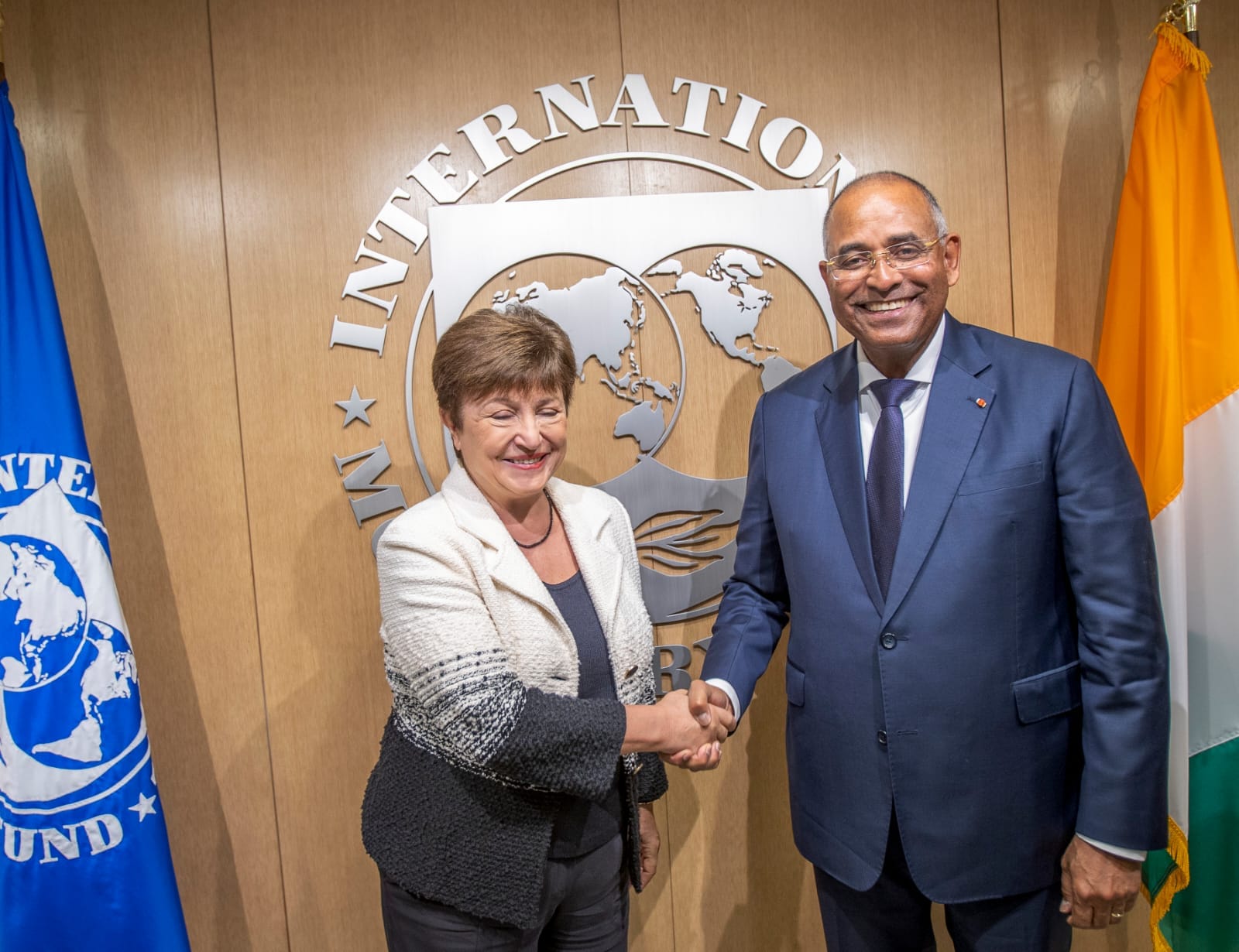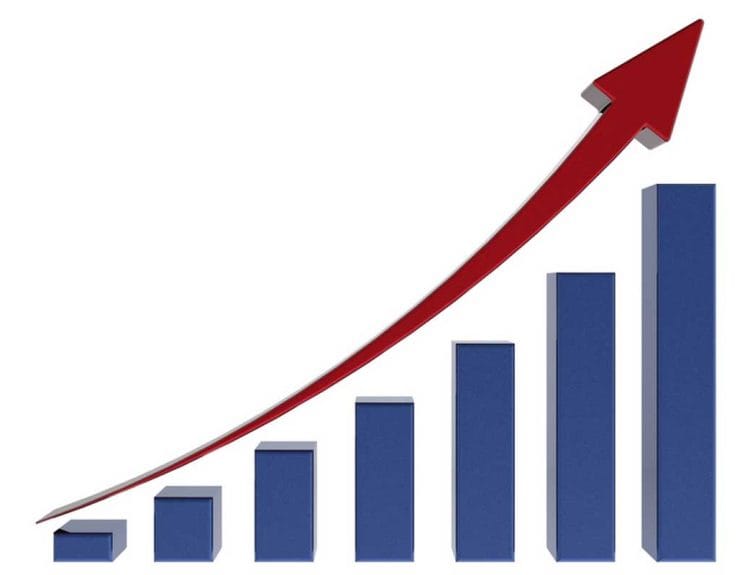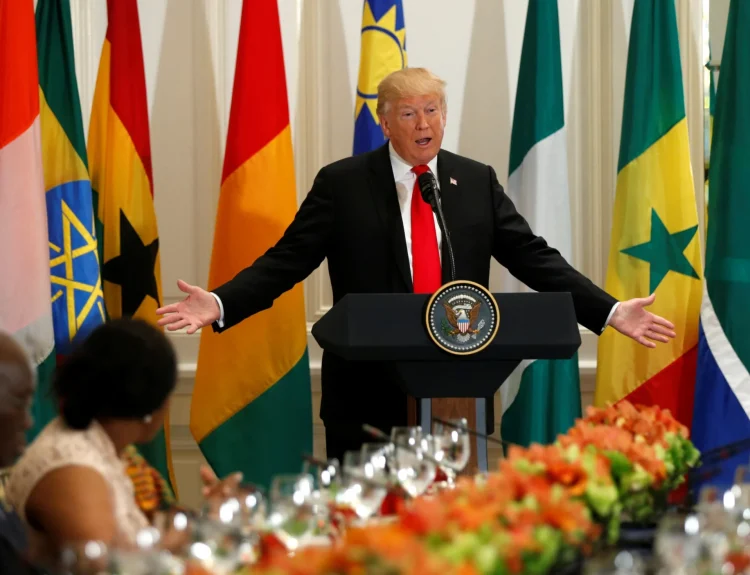The consequences of the Ukraine crisis, which led the Ivorian government to increase subsidies to reduce pressure on prices, have contributed to aggravating the country's macroeconomic imbalances. To reinforce its stability, Abidjan wants to conclude a mixed SCF/MEDC agreement with the IMF.
Ivory Coast could soon benefit from financing of 2.6 billion dollars from the International Monetary Fund (IMF). In an end-of-mission statement issued on March 15, Olaf Unteroberdoerster, head of the IMF mission in the country, announced that a comprehensive agreement had been reached with the Ivorian authorities on the objectives of such financing.
According to the official, the financing will be provided under the new agreement that will combine an Expanded Facility of the Fund (SAF) and an Expanded Credit Facility (SCA). The objective will be to support the Ivorian government's economic program by strengthening revenue mobilization to preserve macroeconomic stability and creating fiscal space for essential social spending, security and investment needs.
«We hope to finalize a service level agreement in the coming days, including the level of access to the Fund's resources of at least 300% of the quota (equivalent to about 2.6 billion dollars). The final agreement on the program will then be submitted to the IMF Executive Board for approval,” said Olaf Unteroberdoerster.
This announcement comes at a time when Côte d'Ivoire, like all other African countries, is trying to strengthen its resilience to the external macroeconomic shocks that have affected it in recent years. Despite the significant impact of the crisis, the Ivorian economy had already resisted the Covid-19 pandemic well, with growth of 21TP3Q in 2020 in the midst of the global economic recession, and then a rebound to 71TP3Q in 2021.
But Abidjan has since had to deal with the fallout from the Ukraine crisis, which led the state to increase subsidies to reduce pressure on prices. These measures, adopted in a context of deteriorating terms of trade, have aggravated macroeconomic imbalances in 2022, according to the IMF.
«In this difficult context, the authorities have requested support from the Fund for their economic program within the framework of a joint agreement of the CFE and the OECD. This aims to preserve fiscal and debt sustainability and anchor the National Development Plan (NDP) 2021-25 on key structural priorities to promote more inclusive growth driven by the private sector and facilitate Côte d'Ivoire's transition to a middle-income country,” the IMF said.
It is worth remembering that Côte d'Ivoire has demonstrated for several years that it has solid economic fundamentals, following the extensive reform program launched by President Alassane Ouattara since he came to power in 2011. However, despite these results, the The country is still far from the standards it wants to achieve, especially in terms of wealth redistribution. To this end, the authorities are accelerating the mobilization of international and private funds to support their development plan.
By gaining the IMF's confidence for a new program, Alassane Ouattara's government should not only accelerate reforms to preserve economic stability, but also send a positive signal to foreign investors.
Source: EcomNewsAfrique






